
What Minerals in Ghassoul Clay Benefit Textured Hair’s Moisture?
Ghassoul clay's magnesium and silica content deeply hydrates textured hair by cleansing without stripping and smoothing the cuticle, honoring ancestral care.
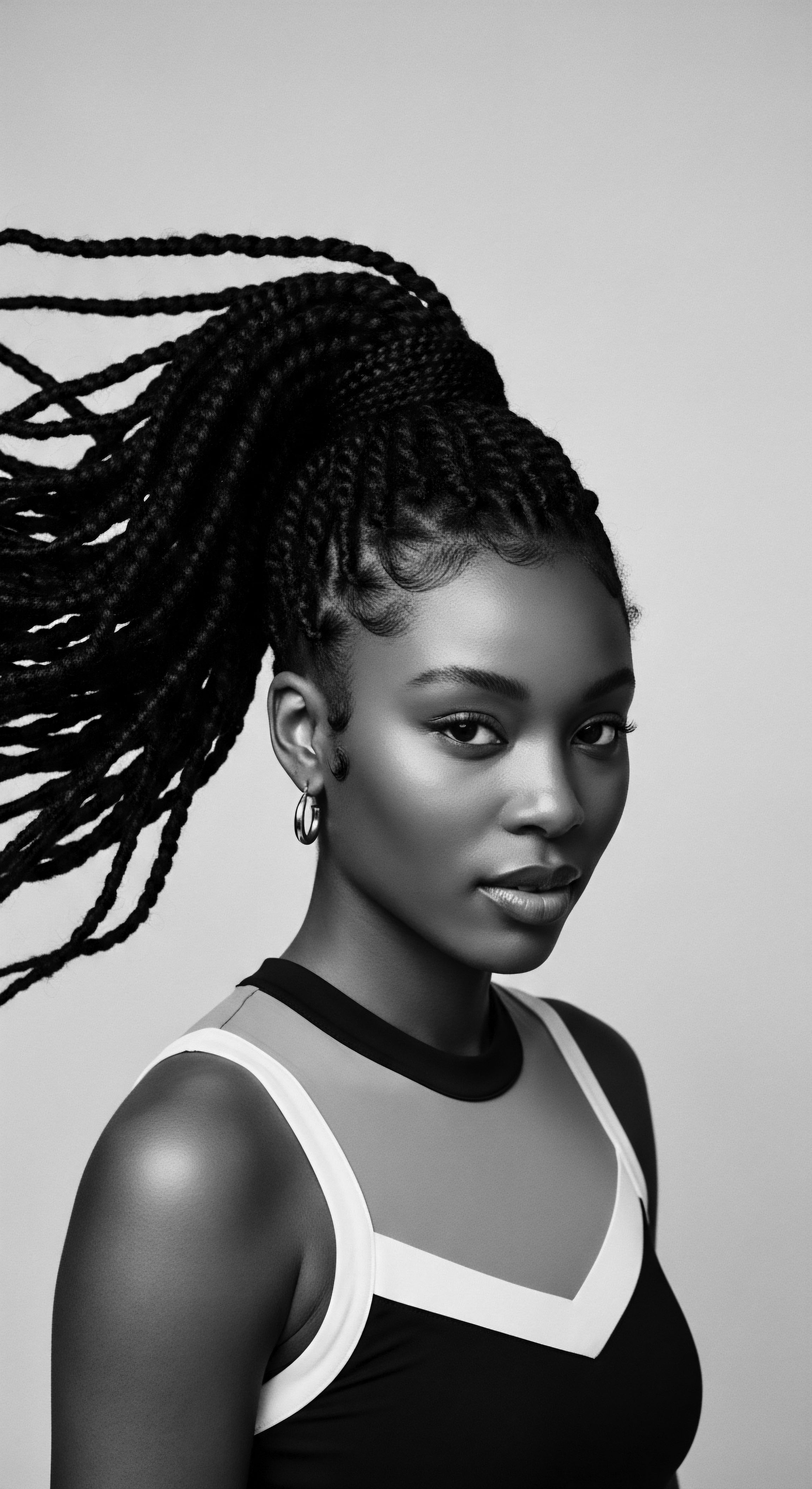
Can Modern Science Validate Ancestral Practices of Clay for Textured Hair’s Moisture?
Modern science confirms ancestral clay practices offer unique cleansing and moisture benefits for textured hair, honoring a rich heritage.
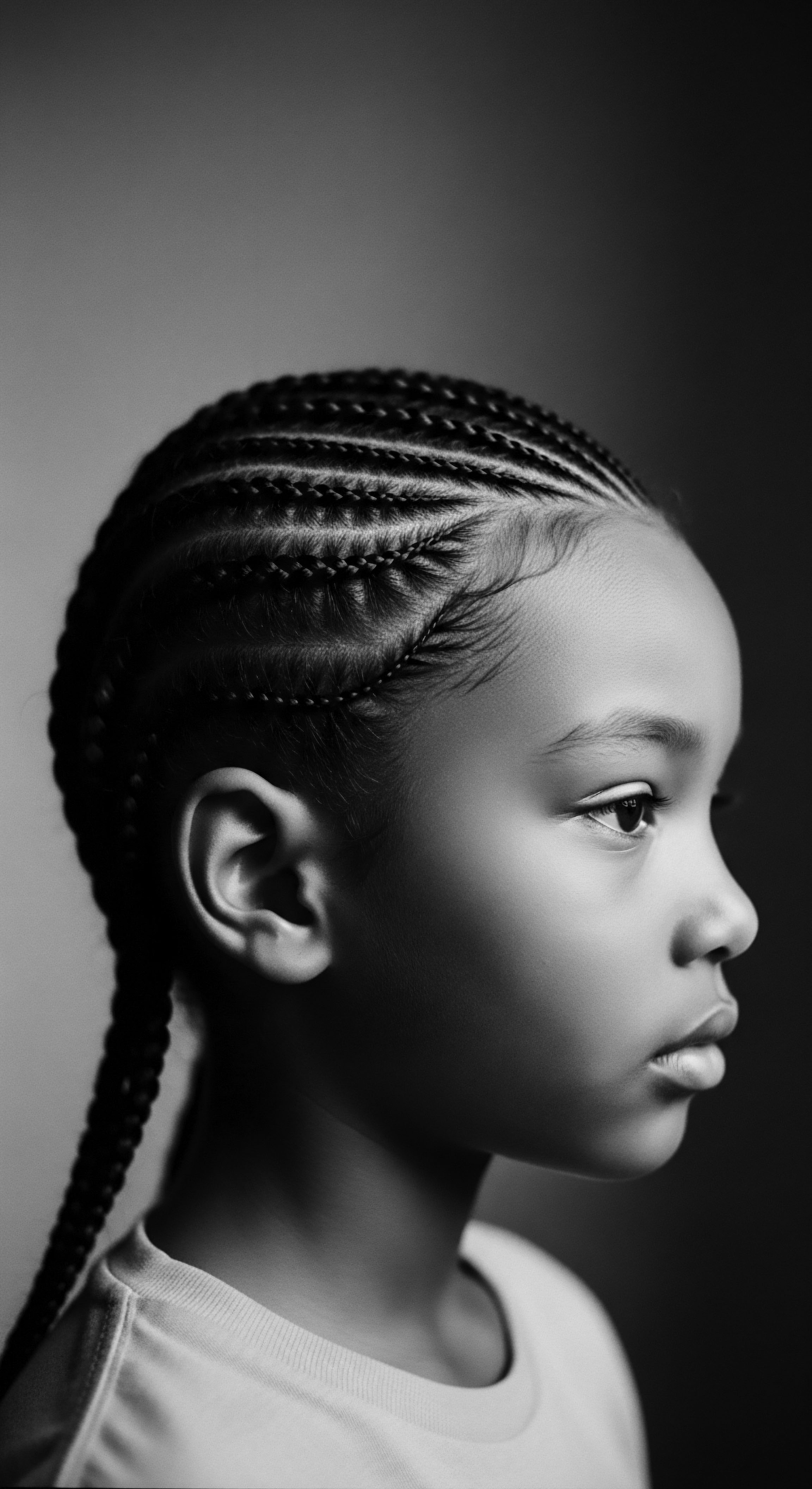
How Do Specific Minerals in Rhassoul Clay Benefit Scalp Health and Textured Hair’s Resilience?
Rhassoul clay's minerals, rooted in ancient Moroccan traditions, cleanse and fortify textured hair, connecting us to a rich heritage of natural care.
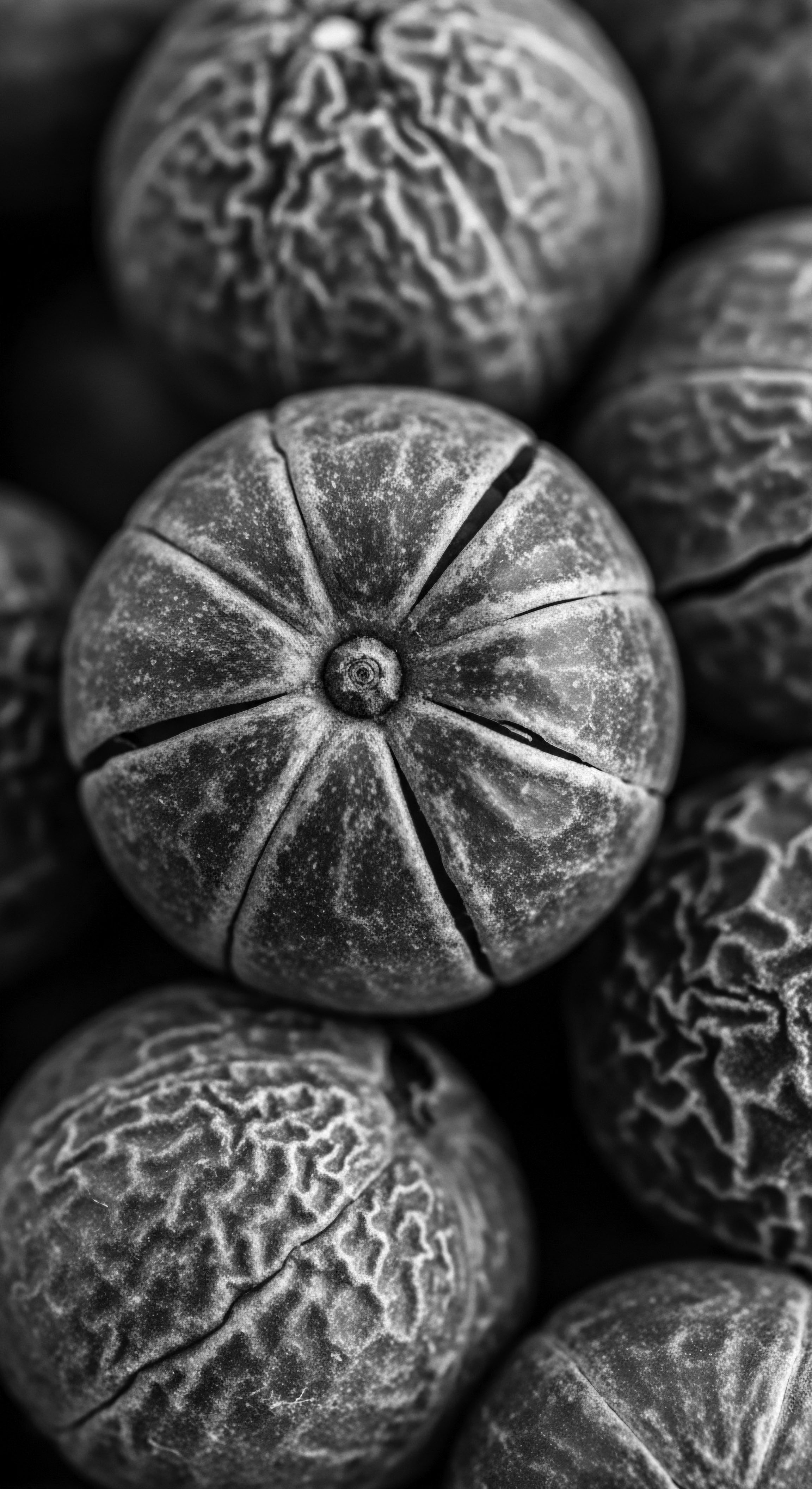
Which Natural Clays Purify Textured Hair Historically?
Natural clays like Rhassoul, Bentonite, and Kaolin historically purified textured hair by drawing out impurities and balancing moisture, honoring deep ancestral heritage.
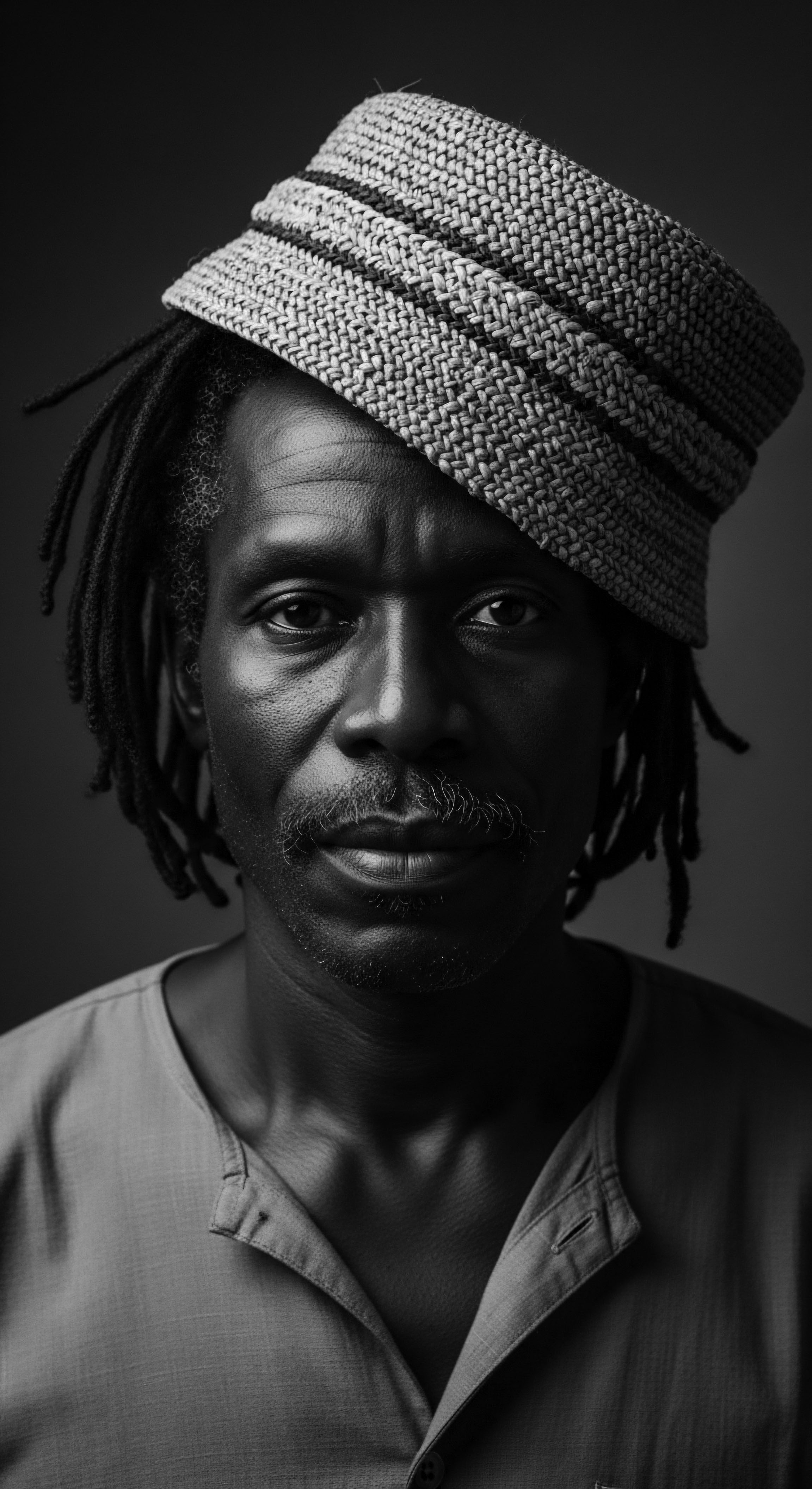
What Traditional Ingredients Influenced Early Hair Care Heritage?
Early textured hair care was shaped by indigenous oils, clays, and plant extracts, reflecting ancestral wisdom and a deep connection to the earth's bounty.
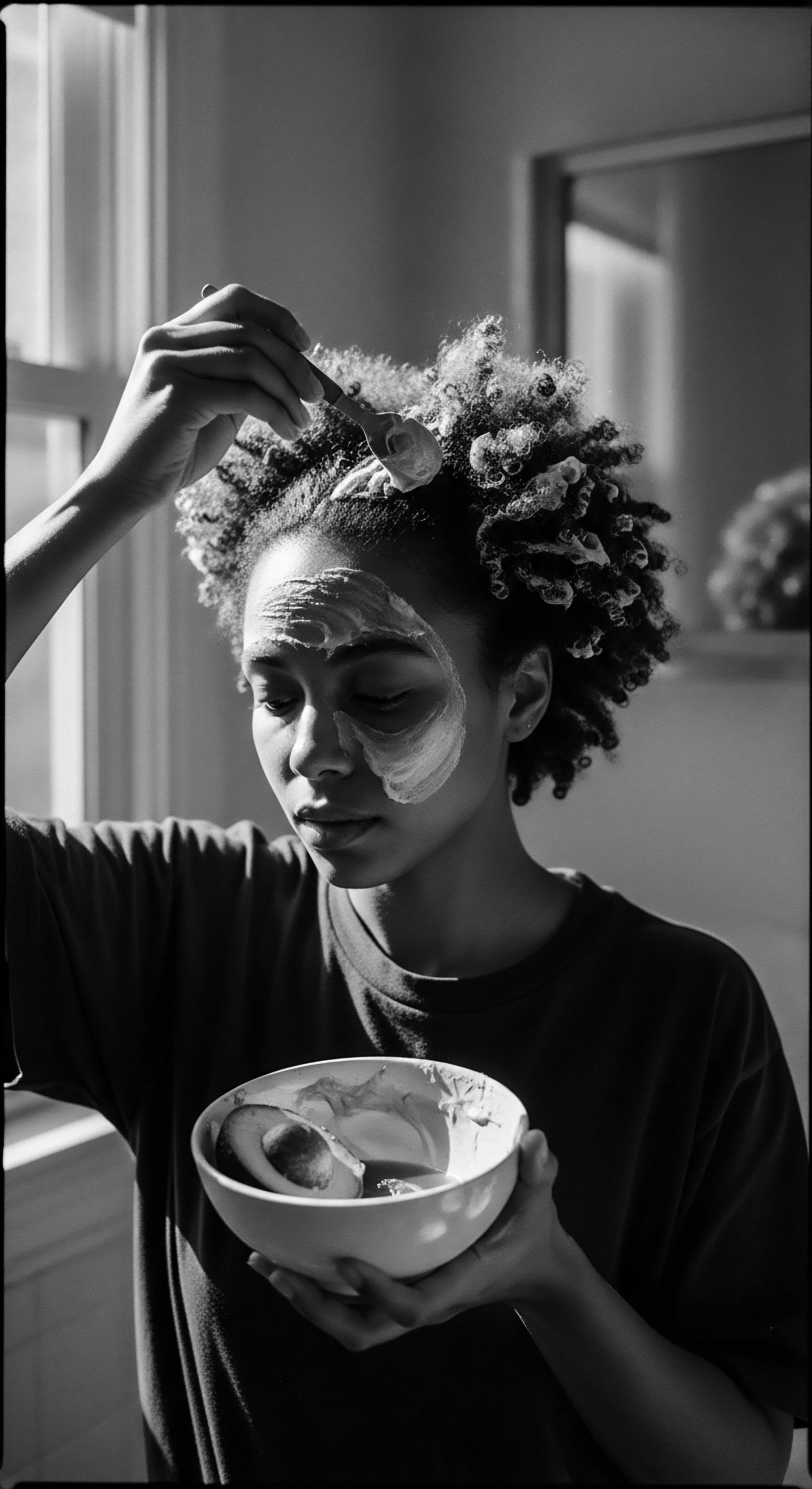
What Ancestral Ingredients Cleanse Textured Hair for Scalp Health?
Ancestral ingredients like plant saponins and mineral clays gently cleanse textured hair, honoring a rich heritage of scalp wellness.
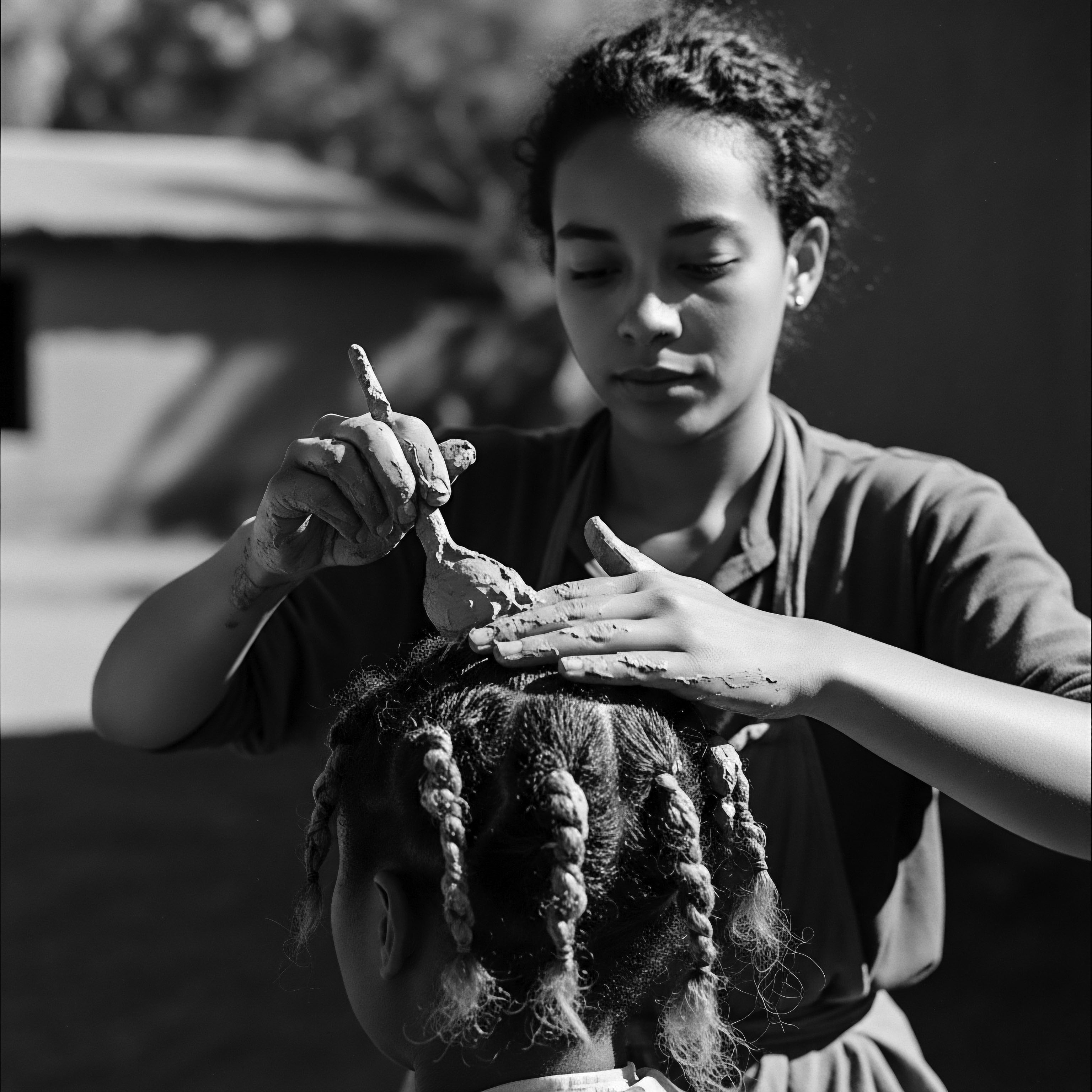
How Does Rhassoul Clay Cleanse Textured Coils?
Rhassoul clay gently cleanses textured coils by magnetically drawing impurities, preserving moisture, a practice steeped in ancestral heritage.
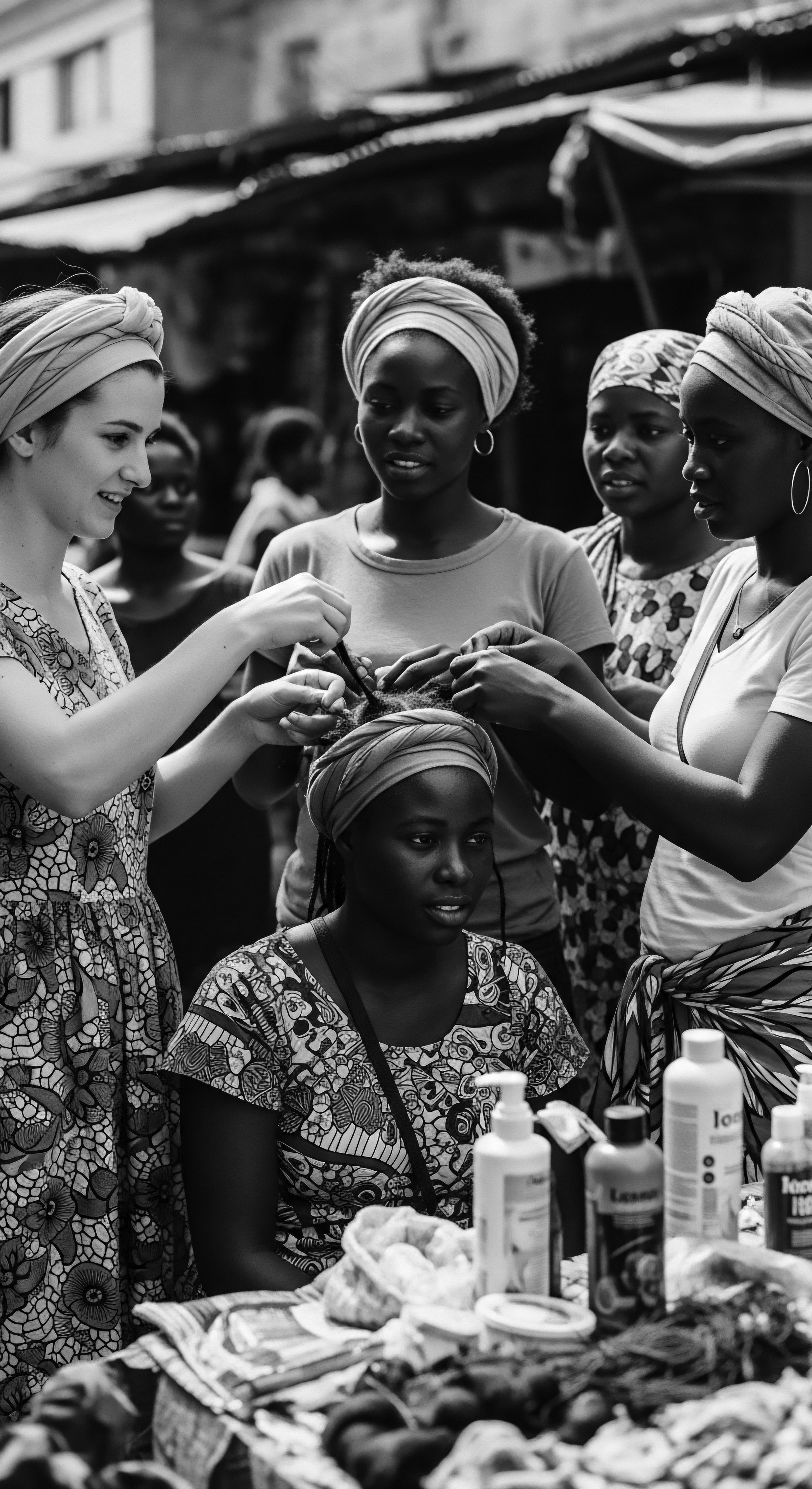
What Is Multani Mitti’s Role in Hair Heritage Cleansing?
Multani Mitti offers heritage cleansing for textured hair by absorbing impurities gently while respecting ancestral care traditions.
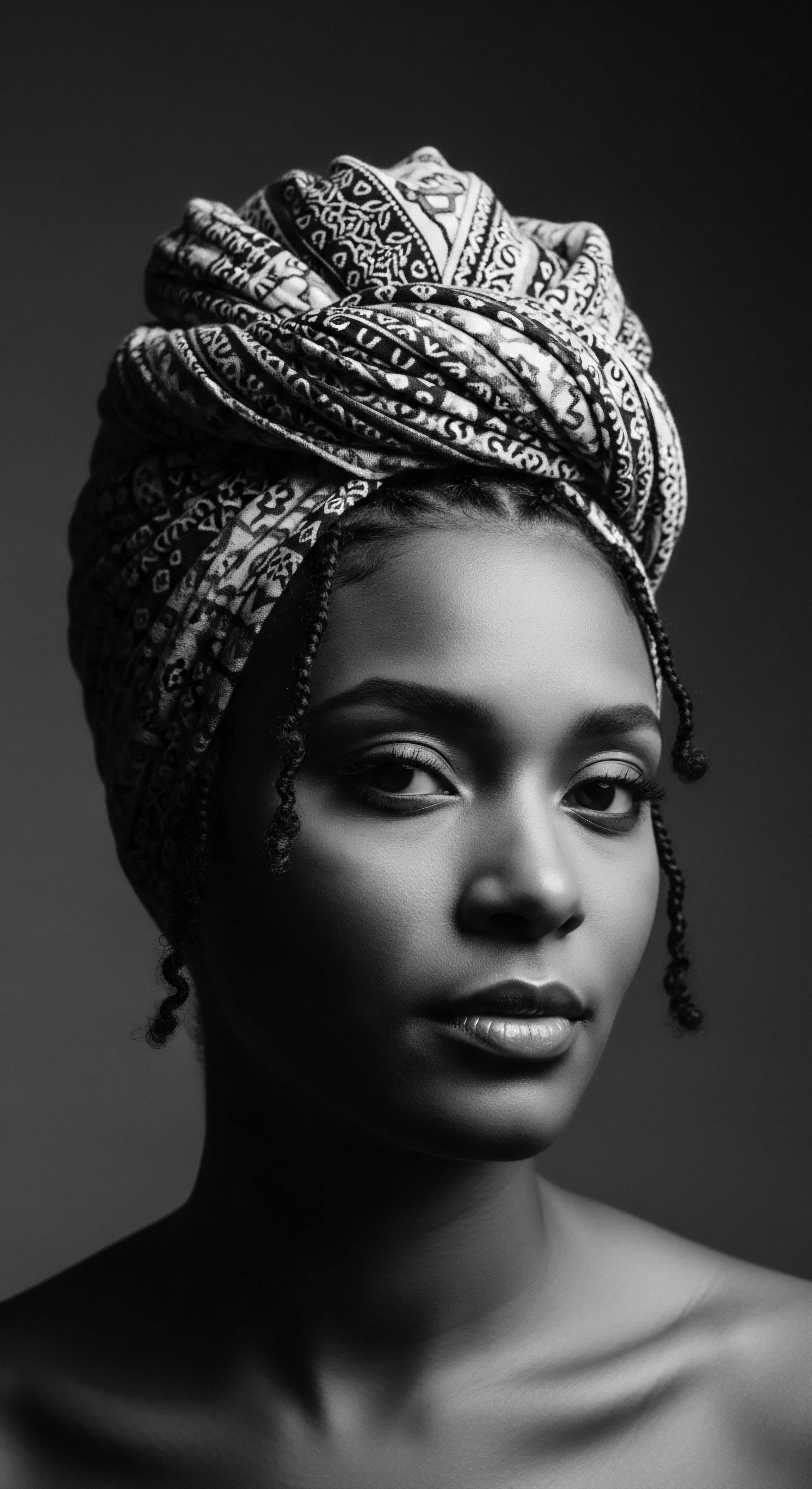
Are Natural Clays Beneficial for Textured Hair?
Natural clays offer textured hair deep cleansing, mineral nourishment, and scalp balance, echoing centuries of ancestral wisdom.
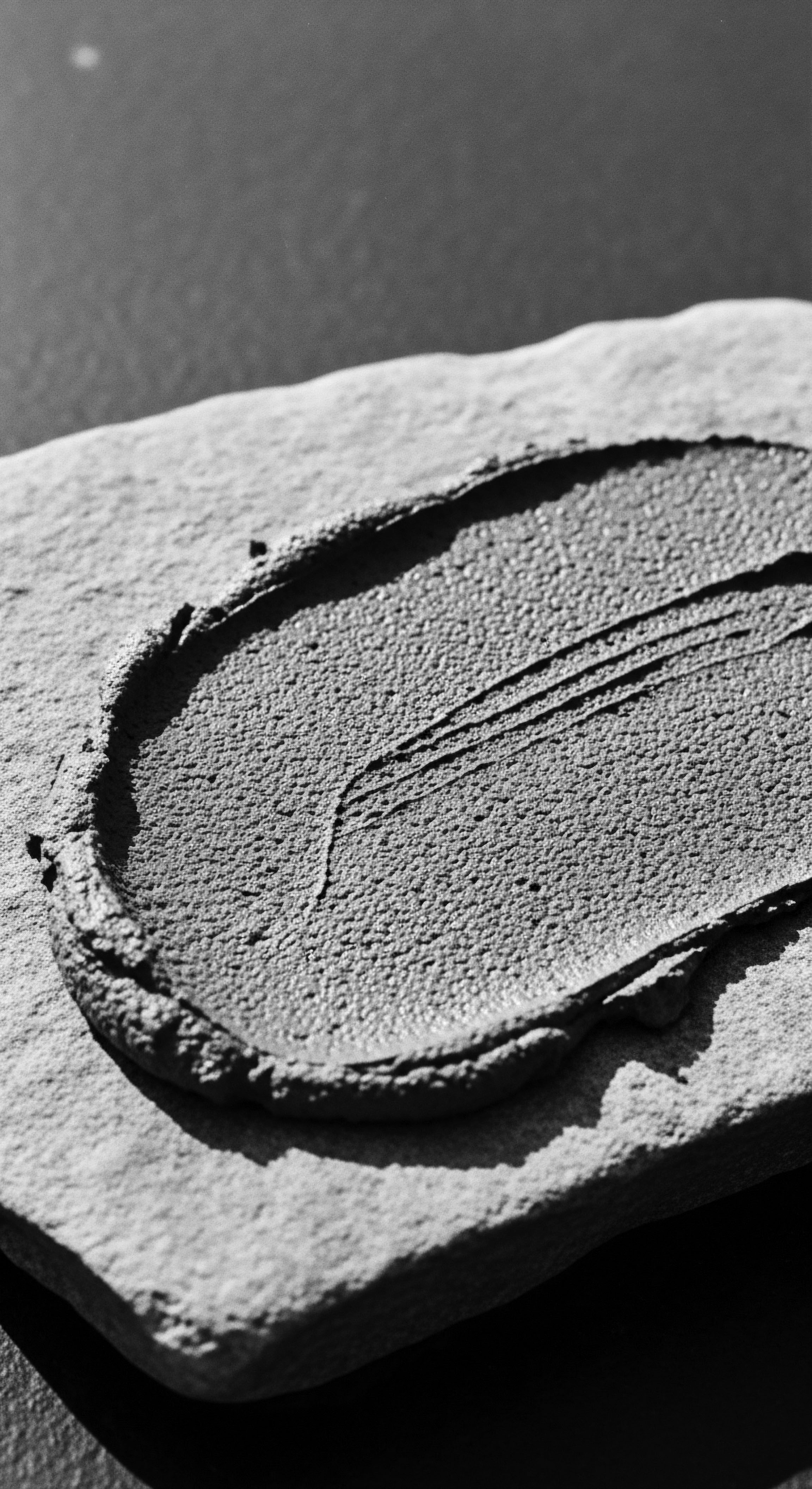
What Is the Cultural Meaning of Clay in Textured Hair Traditions?
Clay in textured hair traditions symbolizes a heritage of natural cleansing, protective styling, and deep cultural identity.
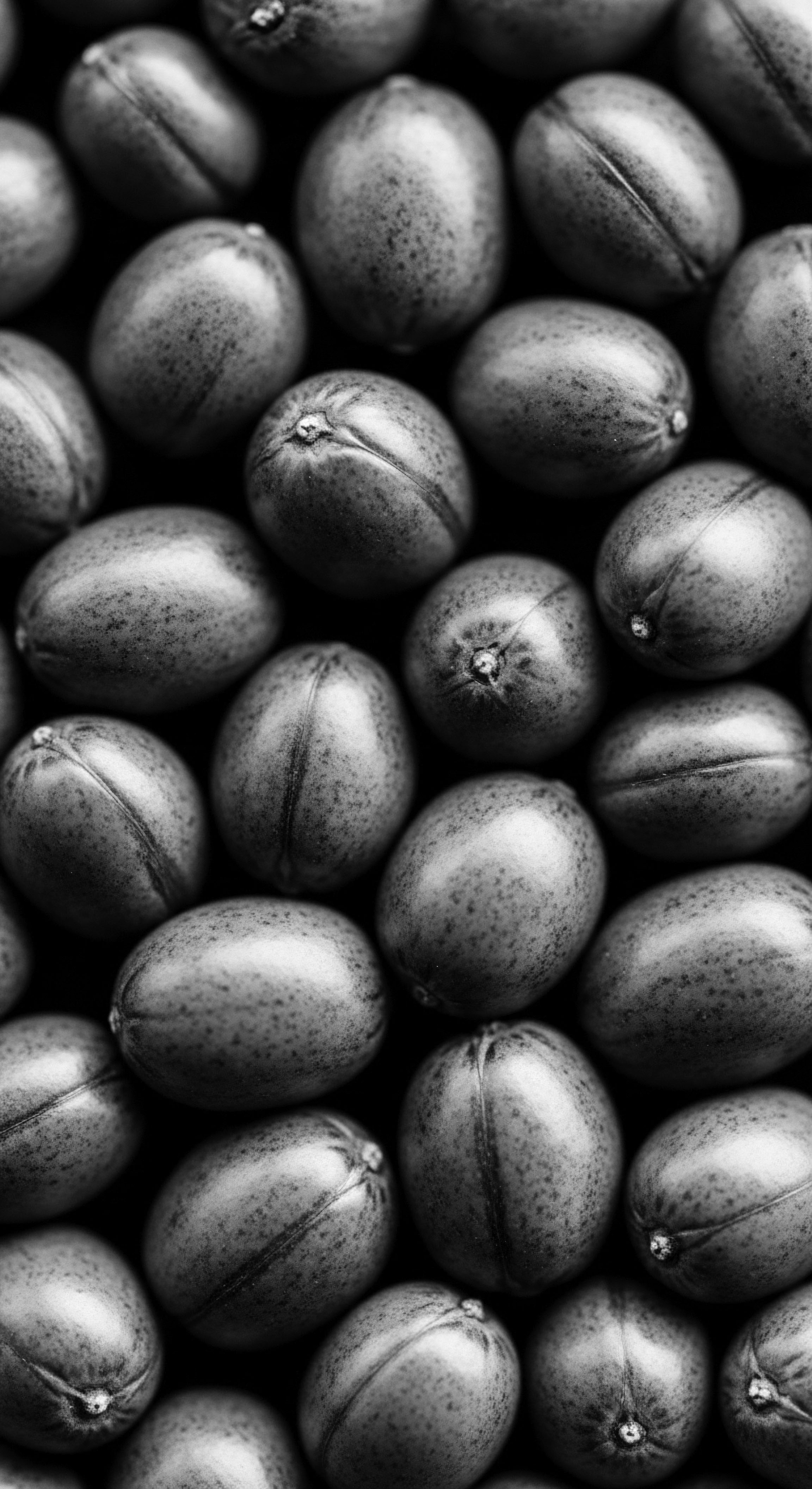
Natural Clay
Meaning ❉ Natural Clay signifies geological earthen compounds, deeply rooted in ancestral Black/mixed hair traditions for holistic care and identity.
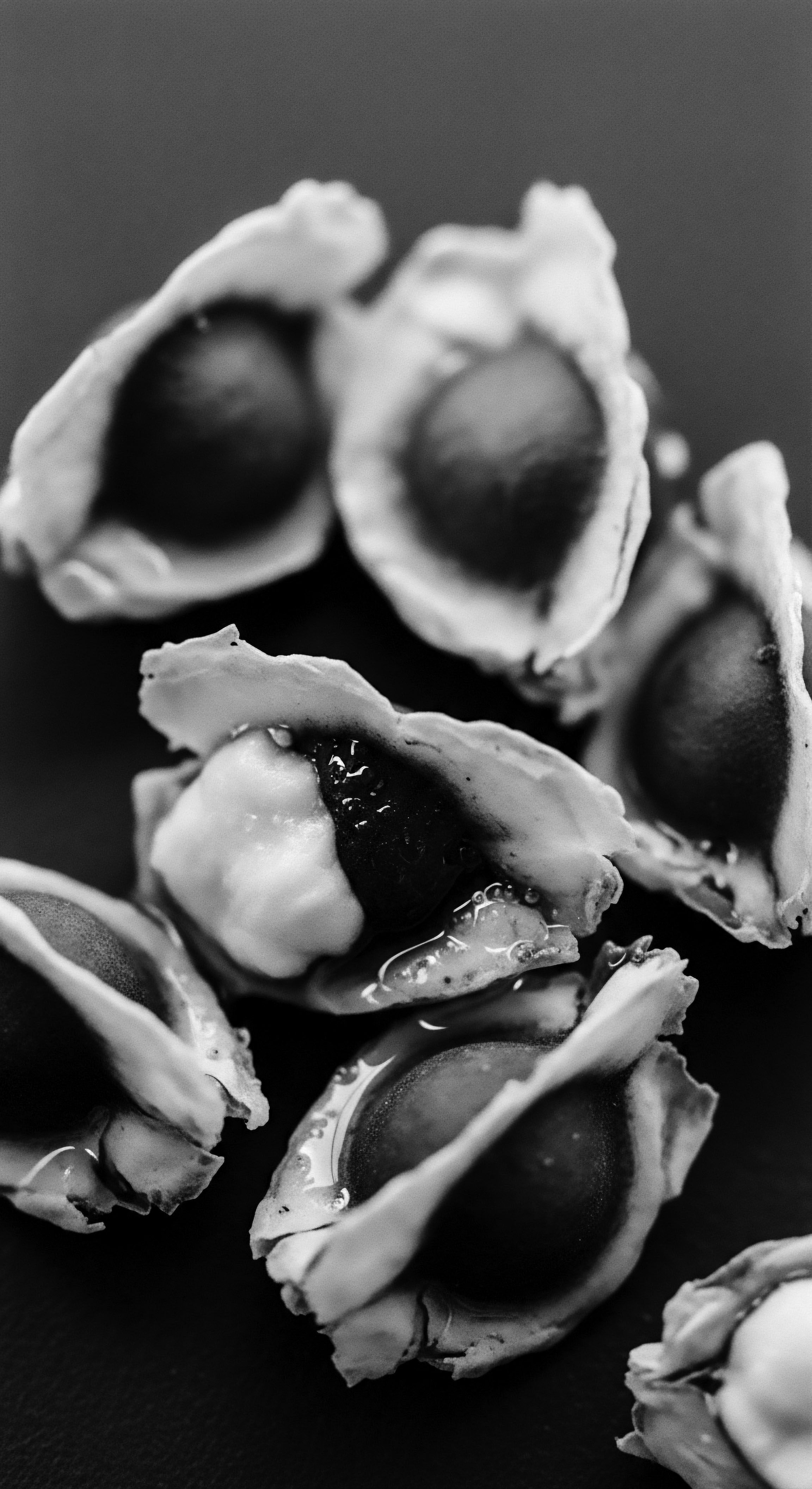
What Is Rhassoul Clay’s Origin?
Rhassoul clay originates from Morocco's Atlas Mountains, deeply connecting to North African textured hair heritage through centuries of traditional use.
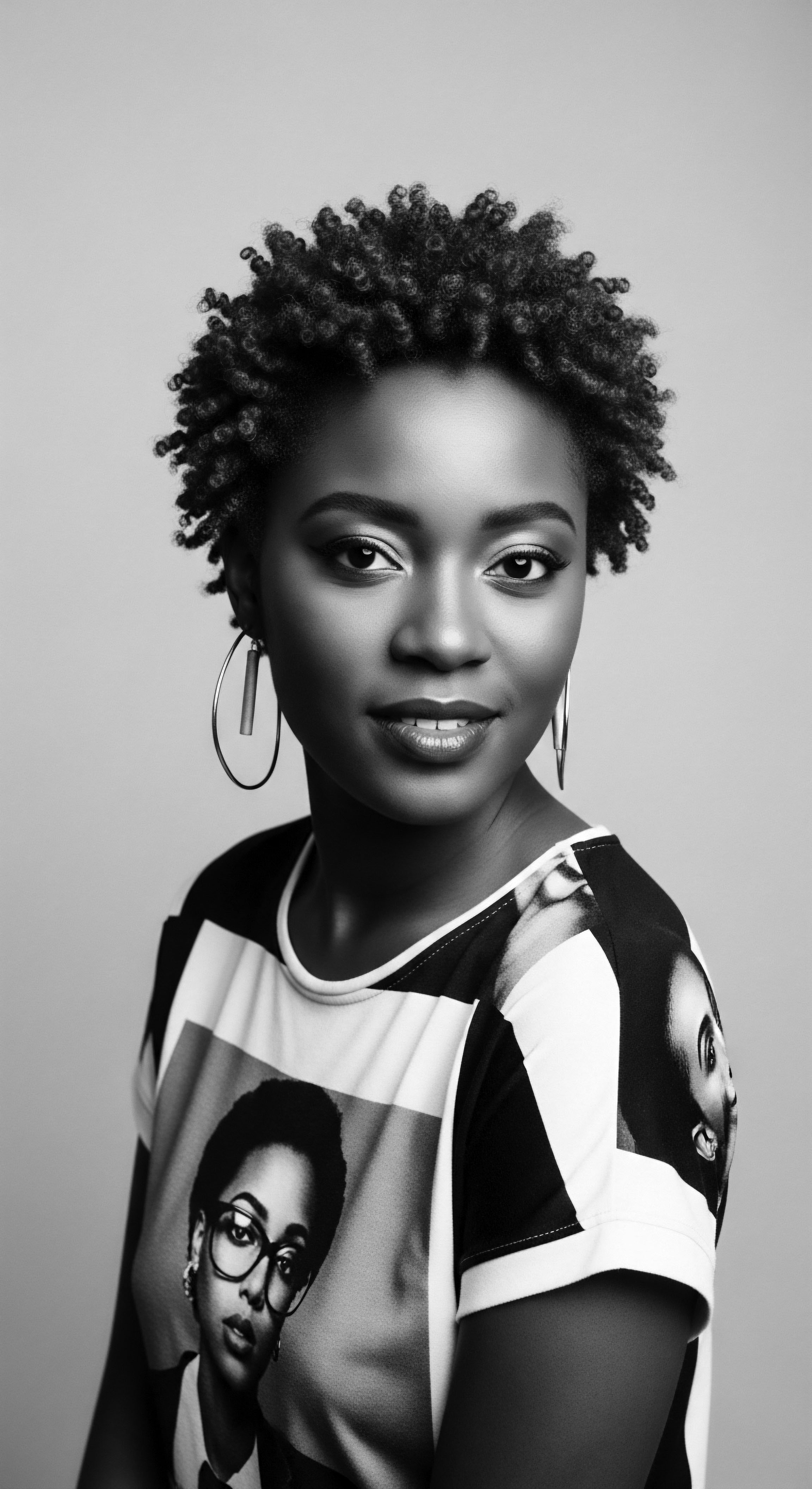
How Did Ancestral Hair Practices Influence Modern Textured Hair?
Ancestral hair practices profoundly shape modern textured hair care by providing foundational knowledge, techniques, and a deeply rooted heritage of resilience and cultural expression.
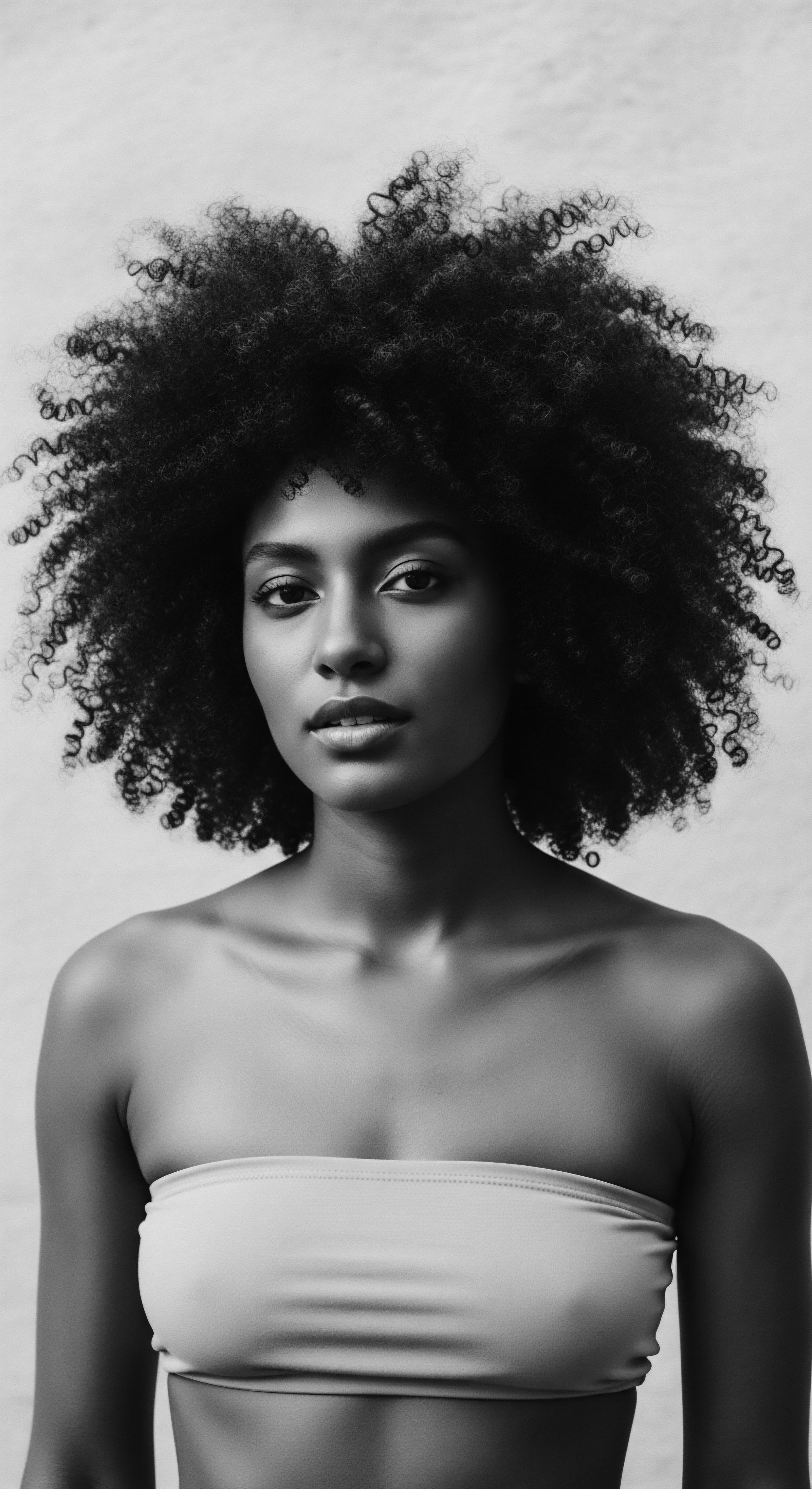
Multani Mitti
Meaning ❉ Multani Mitti is a natural clay, also known as Fuller's Earth, valued for centuries in traditional hair and skin care, particularly for textured hair.

